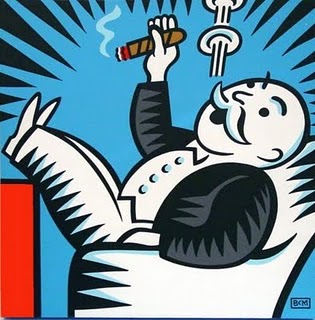
“Treasury’s mismanagement of TARP and its disregard for TARP’s Main Street goals — whether born of incompetence, timidity in the face of a crisis or a mindset too closely aligned with the banks it was supposed to rein in — may have so damaged the credibility of the government as a whole that future policy makers may be politically unable to take the necessary steps to save the system the next time a crisis arises. This avoidable political reality might just be TARP’s most lasting, and unfortunate, legacy.” On his last day on the job, outgoing special inspector general for TARP Neil Barofsky laments the failures of the program he oversaw.
In very related news, see also NYT columnist William Cohan on the same subject yesterday: “Not only did the government’s theory fail in practice — unemployment remains relentlessly and historically high and American businesses seem intent on hoarding, rather than spending, the $2 trillion in cash on their collective balance sheets — but it also lost a once-in-a-century opportunity to change the mores of a momentarily chastened Wall Street, which remains badly in need of substantive reform. This is more than a shame; it is prima facie evidence of how deep Wall Street’s hooks have been — and continue to be — into the powers that be in Washington (and vice versa).“
